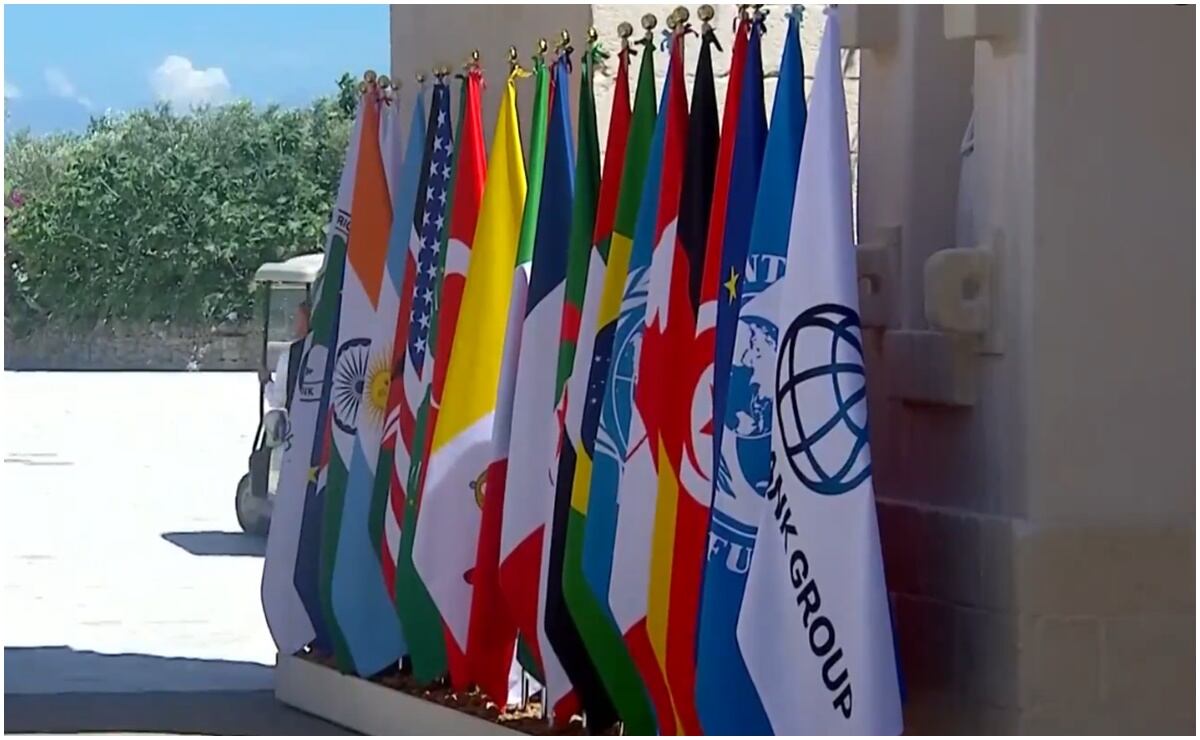G7 Nations Unite to Combat Unfair Trade Practices and Address Global Economic Imbalances

In a significant move to safeguard their economies, finance ministers from the Group of Seven (G7) nations have reached a consensus to eliminate unfair trade practices. The agreement, announced recently, highlights growing concerns over global macroeconomic imbalances and aims to create a more level playing field for businesses and consumers.
Addressing the Rise of Low-Value Shipments
A key focus of the G7's concerns revolves around the increasing volume of low-value shipments entering their economies. Ministers expressed worries that these shipments are potentially overwhelming customs controls and being exploited to circumvent regulations. This trend has raised questions about revenue collection, consumer protection, and the overall fairness of the trading system.
“We are deeply concerned about the potential for abuse within the current trade framework,” stated a joint statement released by the G7 finance ministers. “The influx of low-value goods, often facilitated by e-commerce platforms, requires a comprehensive review and adjustment to ensure that our customs systems remain effective and equitable.”
Combating Unfair Trade Practices: A Multi-Pronged Approach
The G7’s commitment to eliminating unfair trade practices extends beyond addressing low-value shipments. The agreement outlines a multi-pronged approach that includes:
- Strengthening Customs Controls: Investing in advanced technologies and training to improve the efficiency and effectiveness of customs inspections.
- Promoting Transparency: Enhancing transparency in trade flows and pricing to deter deceptive practices.
- Coordinating Enforcement: Improving cooperation among member countries to share information and coordinate enforcement actions against those engaging in unfair trade.
- Reviewing Tariff Policies: Examining existing tariff policies to ensure they are aligned with the goal of promoting fair competition and preventing distortions in trade.
Global Macroeconomic Imbalances: A Looming Threat
Beyond the immediate concerns about unfair trade practices, the G7 ministers also cautioned against the risks posed by global macroeconomic imbalances. These imbalances, characterized by persistent trade surpluses and deficits, can lead to currency volatility, financial instability, and slower economic growth. The ministers emphasized the importance of coordinated policy responses to address these imbalances and promote a more stable and sustainable global economy.
“Addressing these imbalances is crucial for ensuring long-term economic stability and prosperity,” noted a senior G7 official. “We are committed to working together to identify and mitigate the risks associated with these imbalances and to promote policies that foster balanced and sustainable growth.”
Impact and Future Outlook
The G7’s agreement represents a significant step towards creating a more equitable and resilient global trading system. While the specific measures to be implemented remain to be finalized, the commitment to combating unfair trade practices and addressing macroeconomic imbalances signals a renewed focus on safeguarding the interests of G7 economies and promoting a stable global economic environment. The outcome of these efforts will be closely watched by businesses, policymakers, and consumers worldwide.
The focus now shifts to the implementation phase, where each G7 nation will need to translate the agreement into concrete policies and regulations. This will likely involve collaboration with domestic industries, trade partners, and international organizations to ensure a smooth and effective transition.






:quality(85)/assets.iprofesional.com/assets/jpg/2024/11/587909_landscape.jpg)